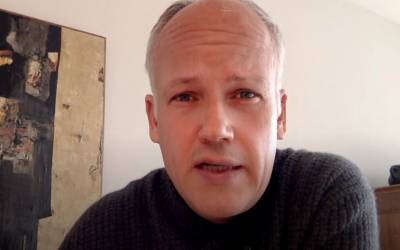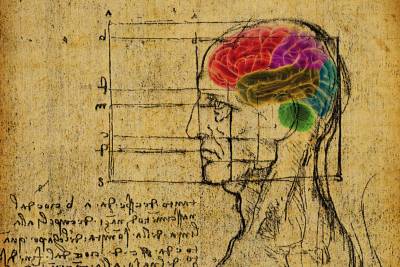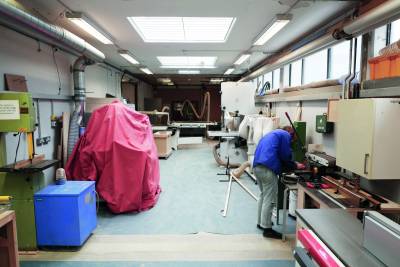Our research
Academics across all of UCL's eleven faculties study Europe and collaborate with European partners to break boundaries and create fair solutions to real world problems - from Covid-19 to climate change.
UCL is one of the world’s leading centres for the study of Europe and the EU. More than 250 academic staff are engaged in scholarship on Europe, from Political Science to Comparative Literature, Laws to Health Informatics, Philosophy to Architecture.
Our European Institute is UCL’s hub for research, collaboration and engagement on Europe – recognised by the European Commission as a Jean Monnet Centre of Excellence since 2016.
UCL also has longstanding research and teaching partnerships with many leading European institutes and organisations. These range from multimillion pound joint research centres and seed-funding for individual and regional research collaborations, to collaborative doctoral schemes and dual degrees; from staff and student exchange schemes to joint workshop series; from CPD provision to collaborative MOOCs.
The university is consistently ranked as one of the top performing organisations worldwide under the EU Framework Programmes for research.
Highlights: UCL research on Europe
Brexit litigation
The work of UCL Laws Professors Jeff King and Tom Hickman is regarded as providing the ‘origins of the litigation’ in the landmark Brexit Miller ruling delivered on 24 January 2017, when the core of their argument, first published on the UK Constitutional Law Association blog, was upheld by the Supreme Court.
In 2018, Professor Piet Eeckhout, Dean of UCL Laws and Academic Director of the UCL European Institute, acted as academic consultant in the Wightman case on the unilateral revocation of Article 50, having written about the subject of revocability in Common Market Law Review.
European colonialism
UCL academics in the UCL School of European Languages, Culture and Society, UCL History and elsewhere work extensively on the legacies of European colonialism, race and racism in Europe.
Examples include Prof Zoltán Biedermann’s (Dis)connected Empires. Imperial Portugal, Sri Lankan Diplomacy, and the Making of a Habsburg Conquest in Asia (OUP, 2018), Dr Chloe Ireton’s work on Intellectual History in the Early Iberian Atlantic, Dr Jeff Bowersox’ project on Black Central Europe, UCL History’s Legacies of British Slave-Ownership project, and Professor Paul Gilroy’s work at the newly established Sarah Parker Remond Centre for the Study of Racism and Racialisation.
Inequalities
Many UCL researchers tackle the causes and implications of inequality, including in Europe. For example, Dr Sonia Arbaci Sallazzaro, Associate Professor at The Bartlett School of Planning explores ethnic residential segregation and the role of the state, and the various European housing systems and welfare regimes an urban policies in producing inequality in Southern European cities.
Dr Rebecca O’Connell and Professor Julia Brannen’s (Thomas Coram Research Unit, UCL Institute of Education) new book Families and Food in Hard Times: European Comparative Research is coming out with UCL Press on 24 May 2021.
Prof. Sasha Roseneil has published a new book, with four European co-authors, exploring the strength and grip of couple-normativity across changing landscapes of law, policy and everyday life in four contrasting national contexts: the UK, Bulgaria, Norway and Portugal: The Tenacity of the Couple-Norm: Intimate citizenship regimes in a changing Europe (UCL Press).
UCL Research with European Partners
Cities Partnership Programme
Florian Mussgnug is Professor of Comparative Literature and Italian Studies in UCL's School of European Languages, Culture and Society. In this video he talks about UCL's work with Italian partners as Academic Director for the Cities Partnerships Programme in Rome, a cross-UCL initiative that supports, funds and promotes the work UCL academics carry out with partners in global cities.
Max Planck UCL Centre Centre for Computational Psychiatry and Ageing
The Max Planck UCL Centre for Computational Psychiatry and Ageing Research is dedicated to studying the causes of psychiatric disorders and the causes of individual differences in cognitive development, with an emphasis on adulthood and old age. The Centre was founded in April 2014 and is the result of an existing collaboration between the German Max Planck Society and UCL that began in 2011.
> Max Planck UCL Centre
Alliance4Tech
Alliance4Tech is a strategic alliance founded by UCL with Centrale Supélec, Politecnico di Milano and Technische Universität Berlin aiming to create a European Campus without borders for students and faculties of technology. Partners are working to enhance mobility and exchange options, multi-site/joint degree programmes and other opportunities for their students.
> Alliance4Tech
UCL-Paris Sciences et Lettres
Via the Institute of Advanced Studies (IAS) and the Cities Partnerships Programme, UCL is working with Université Paris Sciences et Lettres (PSL) to support early- and mid-career researchers leading multi-year projects. Projects funded range from multidisciplinary studies on living in outer space to summer schools on the inner life of consciousness. Founded in 2010, Université PSL includes eleven of Paris’ most well-known grandes écoles and grands établissements as its component-schools.
> Four projects awarded funding from UCL-PSL Partnership Funds (Global Engagement Office)
KU Leuven Partnership
UCL and KU Leuven have a long track record of research co-operation, including 18 joint projects under Horizon 2020. Major areas of co-operation include:
- Neurodegeneration, overseen by Professor Bart De Strooper, the 2018 Brain Prize winning Alzheimer's disease researcher and director of the UK Dementia Research Institute.
- Fetal surgery, a ground-breaking collaboration bringing together researchers from across UCL, KU Leuven and King's College London in women's health, biomedical engineering, neonatal medicine, robotics to develop the technology, tools and training necessary to make fetal surgery a viable possibility.
Lex-Atlas: COVID-19
UCL Laws recently teamed up with the Max Planck Institute of Comparative Public Law and International Law, as well as King’s College London, to jointly lead a project bringing together legal scholars across the world to understand and compare national legal responses to the COVID-19 pandemic. The project, entitled Lex-Atlas: COVID-19 (LAC19), seeks to provide unprecedented analysis of legal responses to COVID-19 in more than 60 countries, representing a diversity of regions, income and inequality levels, legal systems and political regime-type.
TU Delft
Cities of Making is a 2.5 year JPI Urban Europe-funded research project exploring the future of urban manufacturing in Europe with the focus on three cities: London, Rotterdam and Brussels. The project involves seven organisations, including the UCL Bartlett School of Environment, Energy & Resources and the Technical University of Delft and seeks to create a new narrative for urban manufacturing which can then be translated into policy or used to inform a local economic vision in which manufacturing has a clear place.
UCL-French Embassy collaborative workshops
UCL and the French Embassy in London regularly collaborate on annual workshops with a Science and/or Technology focus. The series is one of two joint initiatives between UCL Grand Challenges and the French Embassy’s Higher Education, Research & Innovation Department, the other being annual Conference-Débat lectures.
> UCL-French Embassy S&T Workshops
Find out more
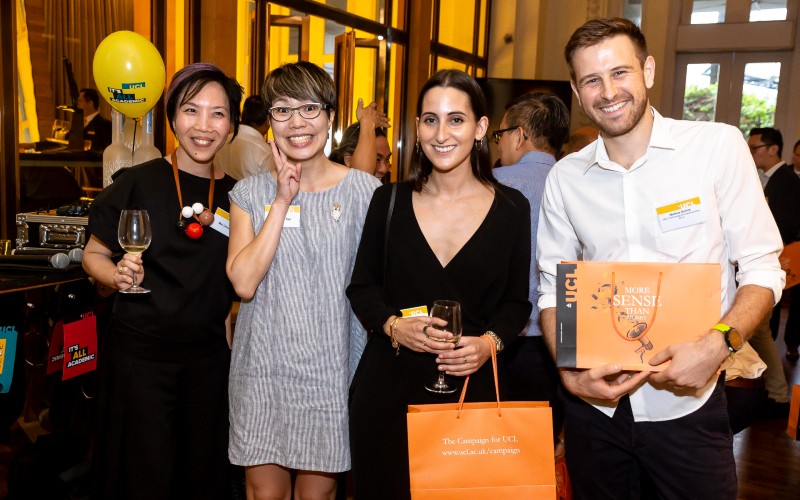
More than 35,000 UCL alumni are from EU countries, meet these inspiring minds and hear why they choose UCL.
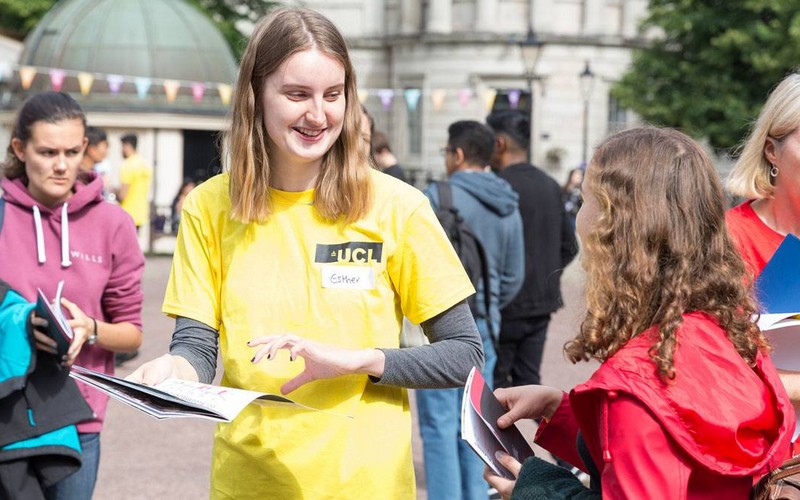
UCL offers a range of excellent courses to prospective European students, alongside a vast array of student mobility opportunities. Discover the opportunities available.
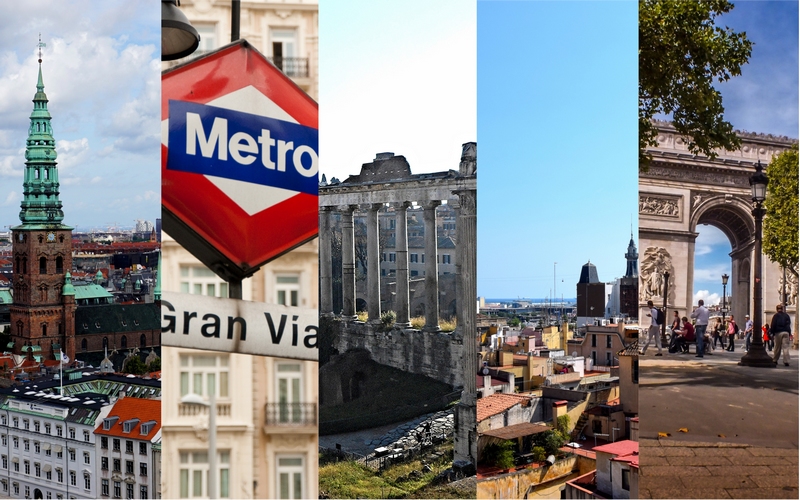
Academics at UCL are helping shape policy debate across Europe, actively informing EU policy. Find out more about our engagement.
#UCLEurope
Share your love on social media for UCL’s European community and activity using #UCLEurope


 Close
Close




